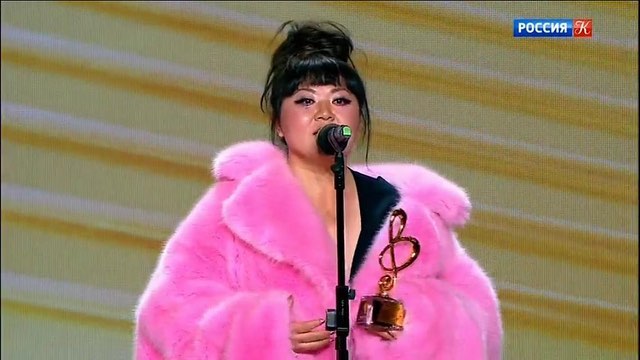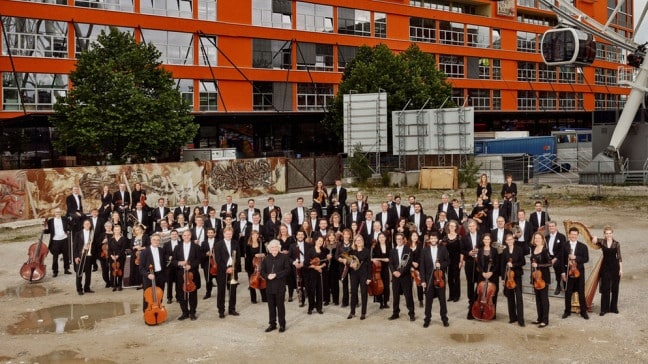Six women receive huge opera grants
mainOpera America has provided grants of up to $50,000 each to six women composers for previously commissioned works.
The recipients are:
. The Industry (Los Angeles, CA) for Sweet Land by Du Yun
· Lyric Opera of Chicago (Chicago, IL) for an untitled opera by Caroline Shaw
· Mill City Summer Opera (Minneapolis, MN) for Stone Arch: A Walking Opera by Mary Ellen Childs
· Opera Philadelphia (Philadelphia, PA) for Ten Days in a Madhouse by Rene Orth
· Opera Steamboat (Steamboat Springs, CO) for Cookie by Leanna Kirchoff
· Spoleto Festival USA (Charleston, SC) for an opera on the life of Omar Ibn Said (title TBD) by Rhiannon Giddens
Press release: The six grantees will receive up to 50 percent of the composer’s fee for a full production of a commissioned work, with awards of up to $50,000. Since its inception in 2014, the Opera Grants for Female Composers program has presented almost $1.1 million to opera companies and composers.






I hope that their works will be as good as the donors hope, because otherwise we will get the usual wave of mysoginy and the adulation of male nonsense. I would advise the ladies: look carefully around and listen to the nonsense which is presented as contemporary opera, and do something entirely opposite to save the art form from certain death. A good point of departure would be to read about the Camerata in late-16C Florence, and to be inspired by their courageous vision – that is where it all begun.
I very much admire the spirit and social goals of the initiative. I hope it works out well.
I think, however, there is a conceptual flaw in the idea. History illustrates that writing operas is a specialty. Most of the great opera composers wrote almost exclusively opera. There are some notable exceptions, like Mozart and Strauss, but one off operas by composers consume huge amounts of time and are usually unsuccessful regardless of how much the works are workshopped and revised. (Ravel’s L’Enfant is a notable exception.) Still, opera composition is generally an extremely slow art to learn and requires unique sensibilities not normally held by most composers.
It would make more sense to develop a kind of apprentice program for composers where they could learn about and develop the skills needed over a longer period of time, and also see if the genre really fits them, before jumping into a major commission.
Wholeheartedly agreed.
But then, since the early 20th century, the very tools which make opera possible at all: tonality, expression, dramatic narrative, were deemed ‘oldfashioned’, and the best which can be heard nowadays of contemporary-written operas are either minimalist (which is not expressive at all), or pop-infested, or merely sonic illustrations of mostly morbid fantasies.
In the past, even genius composers who wrote one opera in their lives, struggled with the genre, due to musical language and subject matter. The last really effective operas were written by Shostakovich, Weinberg, Britten, Bartok, Ravel, Martinu (Jullietta), Prokofiev. Debussy, after his highly original masterpiece Pelléas, struggled for the rest of his life to write another one, but failed because he wanted to not repeat himself but could not find what he was looking for.
Such apprentice program should focus on musical language and drama, and avoid the female disasters like Olga’s:
https://www.youtube.com/watch?v=seJCQB9MLlw
https://www.youtube.com/watch?v=mipBIXOl4Ww